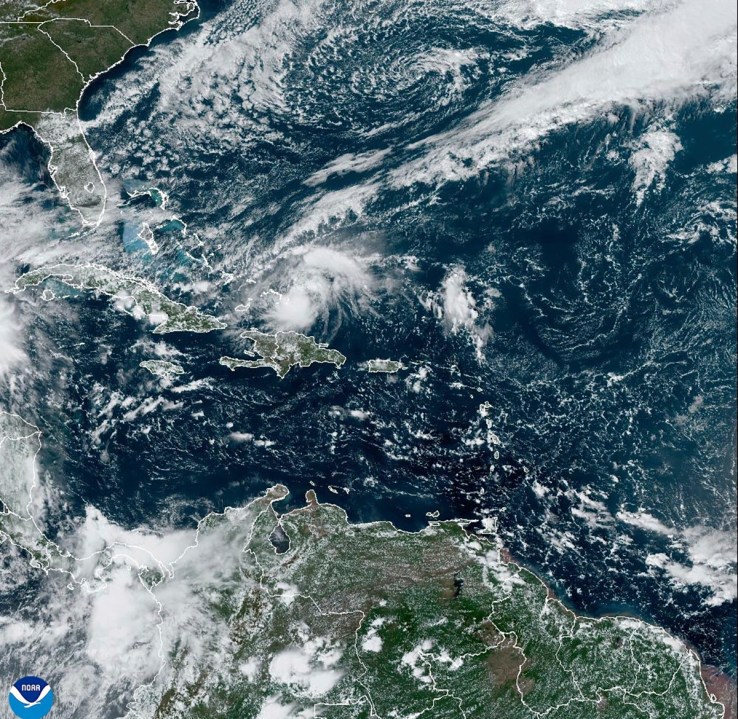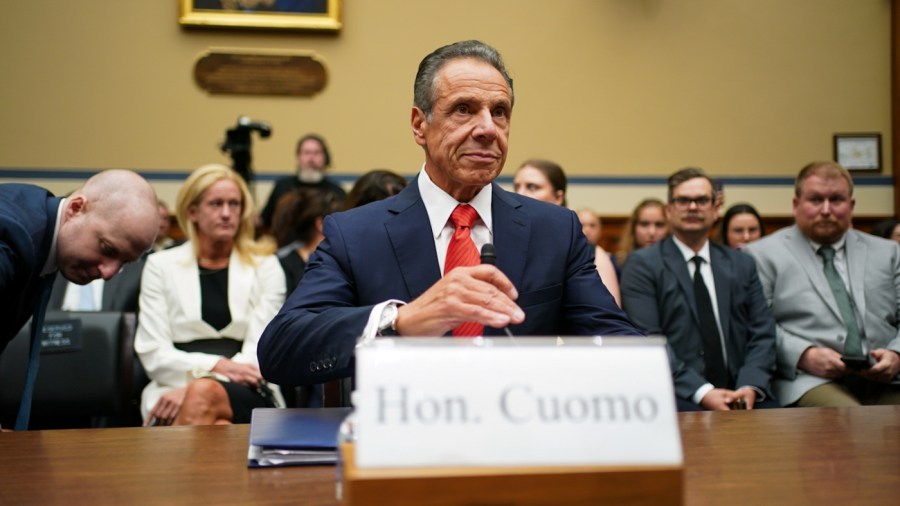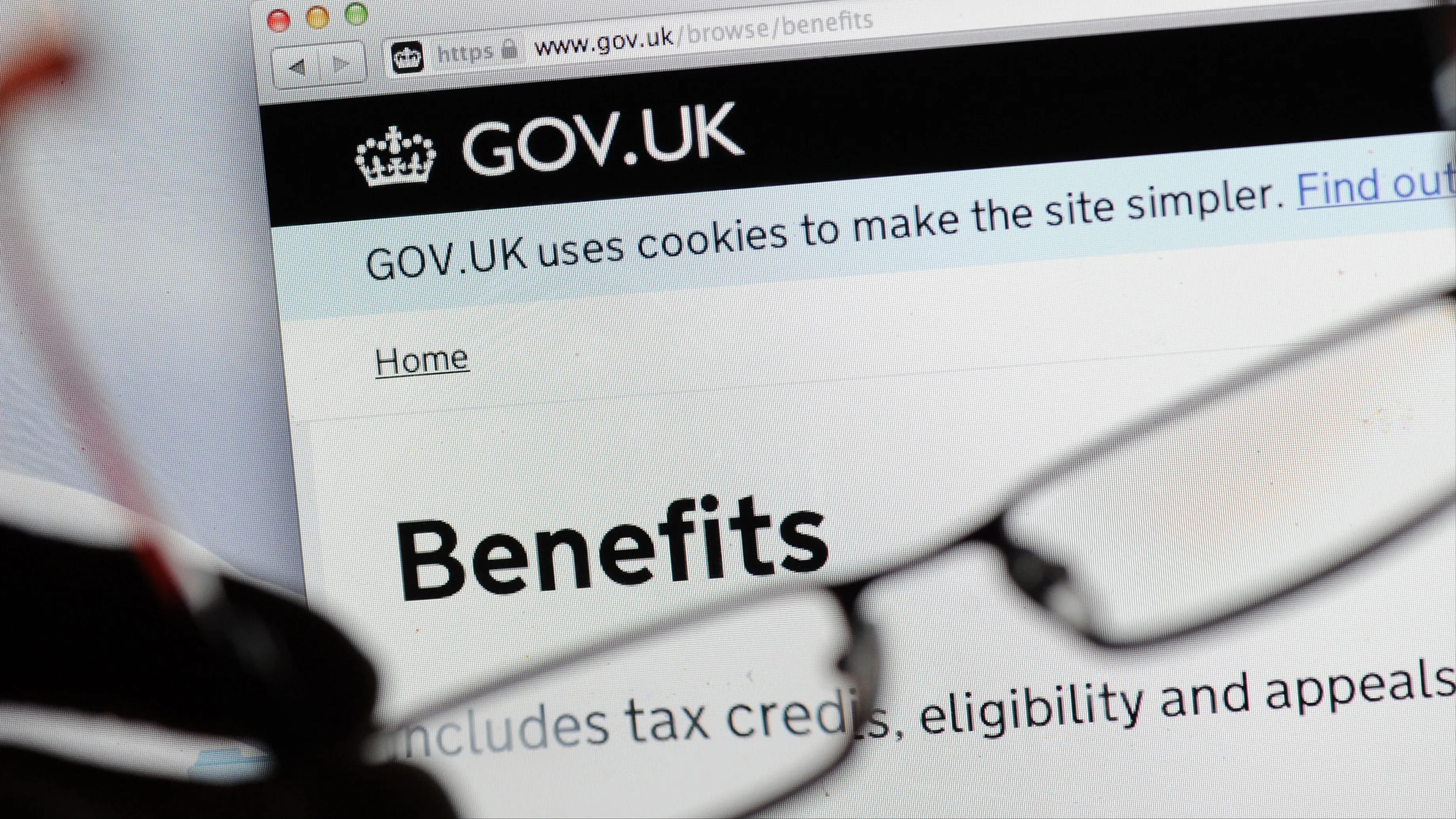Graduates will be able to earn more money before they start repaying their university debts under new laws to be introduced by the Albanese government next year.
The prime minister will announce the cost-of-living measure alongside the South Australian premier, Peter Malinauskas, at a campaign rally in Adelaide on Saturday.
The change would see the minimum repayment threshold lifted from $54,000 to $67,000 in 2025-26, with the average debt holder expected to save about $680 a year.
According to the government, a university graduate earning $70,000 a year would see their minimum repayments cut by about $1300 a year. Those on $80,000 would save $850. The change only applies to graduates earning less than $180,000 a year.
The minimum payment threshold would also be indexed to always stay at 75% of graduate earnings, in line with recommendations of the universities accord final report, released in February.
Anthony Albanese is expected to describe the change as one of the “core elements of Labor’s policy agenda for a second term”.










